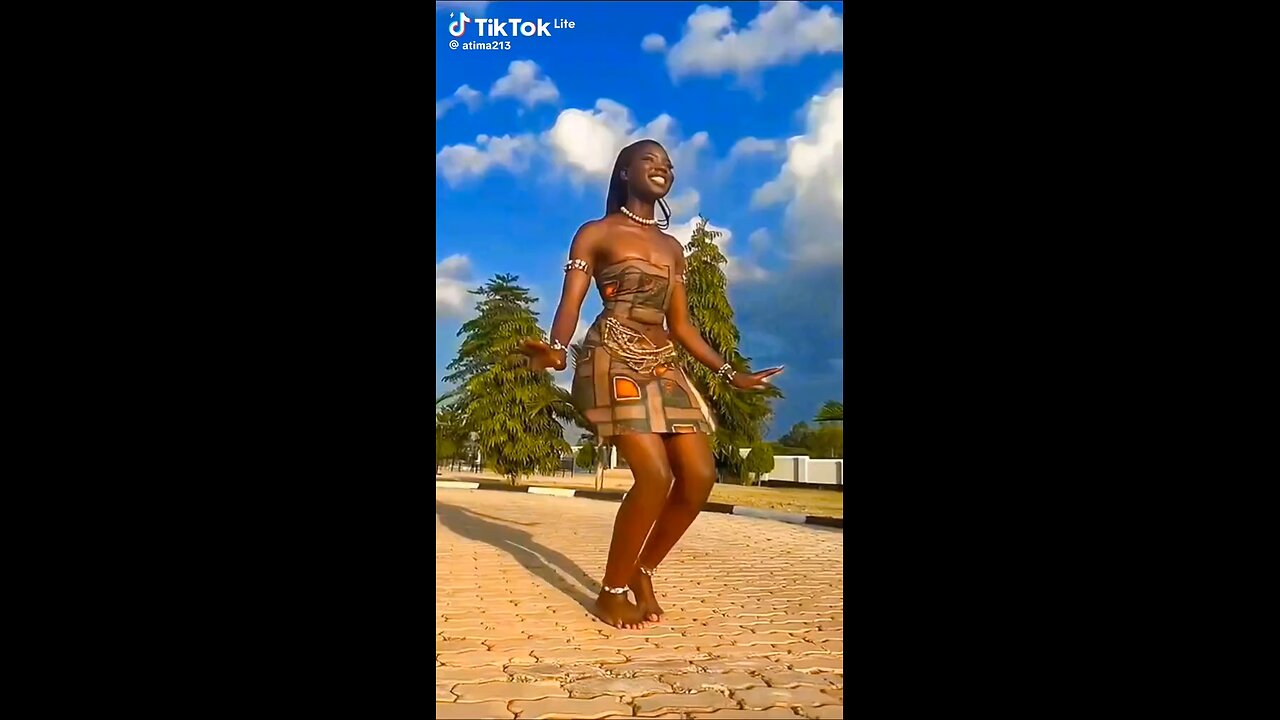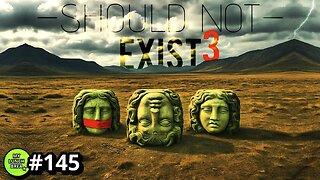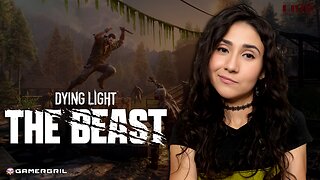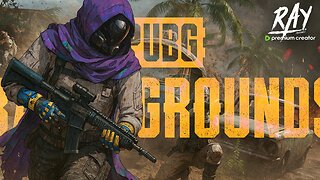Premium Only Content

𝙰 𝚑𝚘𝚕𝚒𝚍𝚊𝚢 𝚍𝚊𝚗𝚌𝚎 𝚊𝚗𝚍 𝙲𝚞𝚕𝚝𝚞𝚛𝚎
The Acholi are a Nilotic ethnic group primarily residing in Northern Uganda. Their culture is rich and deeply intertwined with music and dance, which serve as fundamental expressions of their identity, history, and daily life.
Acholi Dance:
Dance in Acholi culture is not merely entertainment; it's a vital part of communication, celebration, storytelling, and spiritual connection. There are numerous types of Acholi dances, each with specific meanings and performed on particular occasions. Some prominent ones include:
* Bwola (Royal Dance): This is a dignified and regal dance, traditionally performed for chiefs, kings, and other dignitaries. It's often seen during installations of new chiefs, royal ceremonies, or major community gatherings. The dance features intricate formations, with men and women often moving in circular patterns, symbolizing the unity and protection of the kingdom. Instruments like wooden xylophones and drums are central to its rhythm, and dancers often wear traditional attire including ostrich-feather headdresses.
* Larakaraka/Orak (Courtship Dance): A vibrant and energetic dance, historically used by young men and women to find marriage partners. It's often performed during leisure time or at social gatherings, allowing individuals to showcase their dancing skills and attractiveness.
* Otole (War Dance): Performed to prepare young men for warfare or to celebrate victories. Dancers often carry spears and shields, engaging in mock combat formations, demonstrating strength, bravery, and discipline.
* Dingi Dingi (Children's Dance): A playful and vigorous dance typically performed by young girls. It imitates movements of antelopes and the crested crane, reflecting joy, innocence, and flexibility, often accompanied by drums and flutes played by boys.
* Lakubukubu: A leisure dance often performed by young boys and girls to express happiness, pride, and creativity.
Acholi Culture:
Beyond dance, Acholi culture is characterized by:
* Strong Clan Systems: Society is organized around patrilineal clans, each traditionally led by a "Rwot" (chief), who oversees community affairs and resolves disputes.
* Oral Traditions: Storytelling ("wang oo" or fire-circle gatherings), proverbs, and songs are crucial for transmitting knowledge, values, history, and morality from elders to younger generations.
* Subsistence Livelihoods: Historically, their way of life revolved around farming (millet, corn, sorghum, beans) and cattle rearing, with hunting and fishing also being important.
* Spiritual Beliefs: Traditional beliefs often center on ancestral spirits ("jok") who influence fortune and misfortune, and traditional healers ("ajwaka") play a role in connecting with the spirit world for healing and guidance.
* Resilience: The Acholi people have shown remarkable resilience in the face of significant challenges, including past conflicts like the LRA insurgency, using their cultural traditions as a source of strength, healing, and identity.
In summary, Acholi dance is an integral, dynamic, and diverse expression of a rich culture that values community, history, spirituality, and the passing down of traditions through vibrant artistic forms.
-
 LIVE
LIVE
GritsGG
5 hours agoQuad Win Streaks!🫡 Most Wins in WORLD! 3600+
203 watching -
 23:53
23:53
MYLUNCHBREAK CHANNEL PAGE
21 hours agoIstanbul SHOULD NOT Exist - Pt 3
22.6K12 -
 3:04:24
3:04:24
Barry Cunningham
6 hours agoPRESIDENT TRUMP HAS LAUNCHED HIS OPERATION TO TAKE DOWN THE DEEP STATE! ARE YOU READY?
62.3K86 -
 1:18:05
1:18:05
Jeff Ahern
5 hours ago $3.90 earnedThe Saturday Show with Jeff Ahern
30.9K6 -
 LIVE
LIVE
GamerGril
5 hours agoI Know What You Did Last Stream 💞Dying Light: The Beast💞
129 watching -
 1:24:47
1:24:47
iCkEdMeL
5 hours ago $7.83 earnedFrom Music to Murder? D4VD’s Tesla Horror Story
45.2K14 -
 2:58:42
2:58:42
This is the Ray Gaming
3 hours agoNEW LOOK WHO DIS? | Rumble Premium Creator
7.09K -
 1:53:58
1:53:58
TinyPandaface
2 hours agoYour FACE is a Gaming Channel! | Escape Memoirs: Mini Stories - #2
11K -
 2:37:14
2:37:14
ChrisBoken
4 hours ago $0.47 earnedDayZ - Our Server Goes Live
7.04K -
 LIVE
LIVE
Spartan
4 hours agoFirst time playing Black Myth Wukong
47 watching